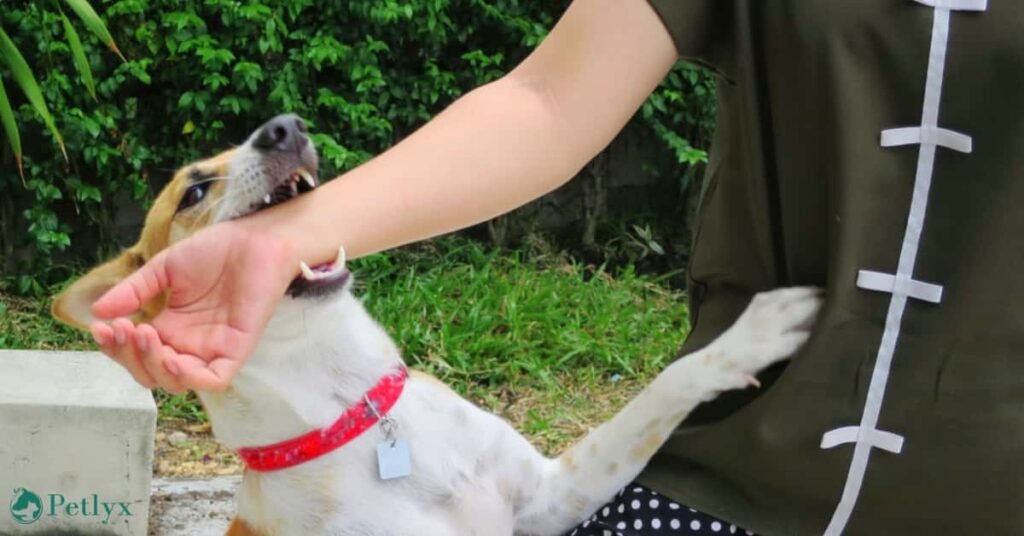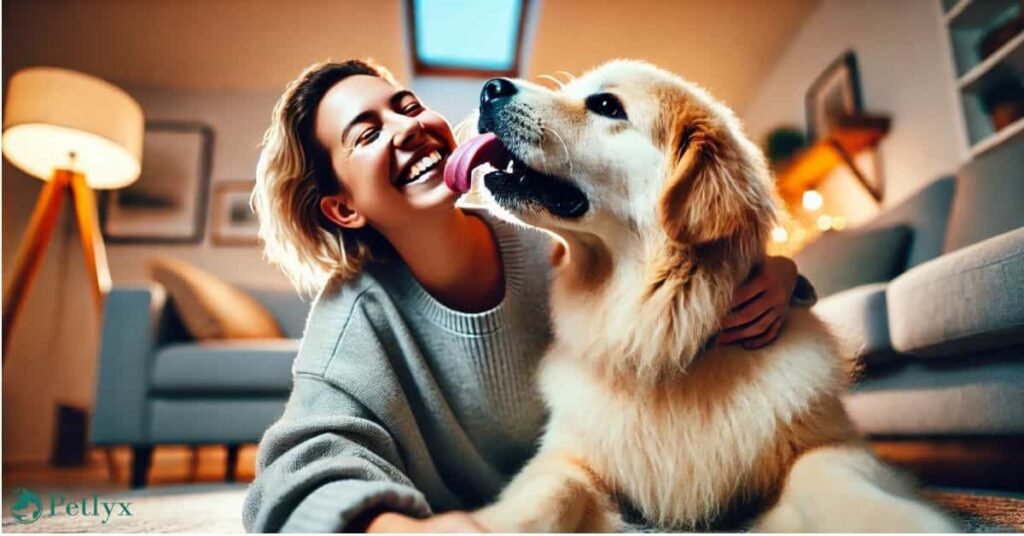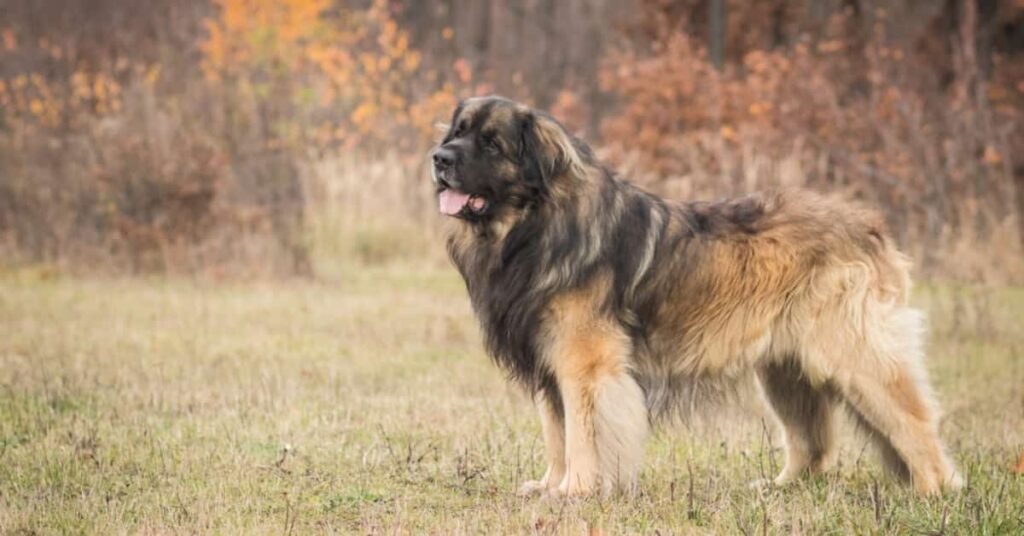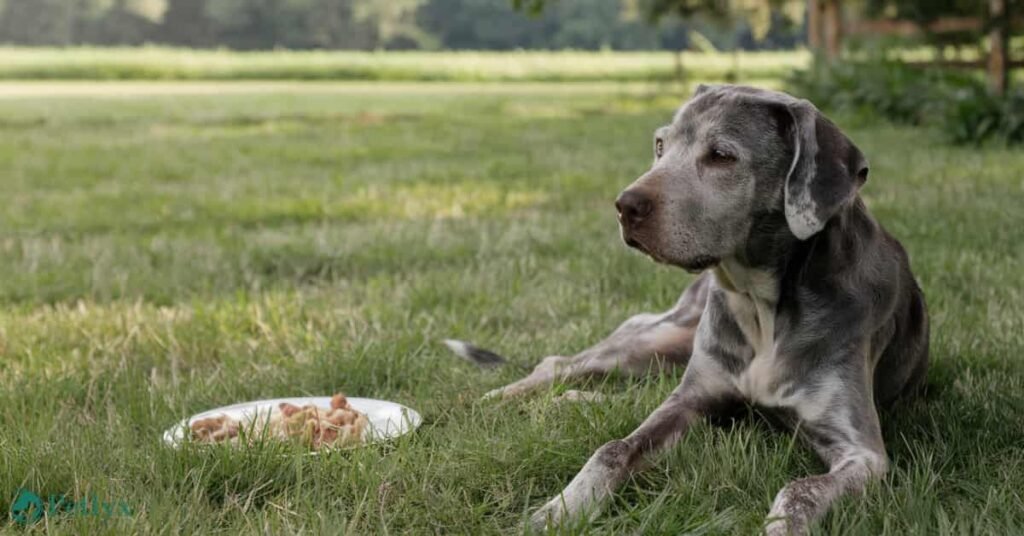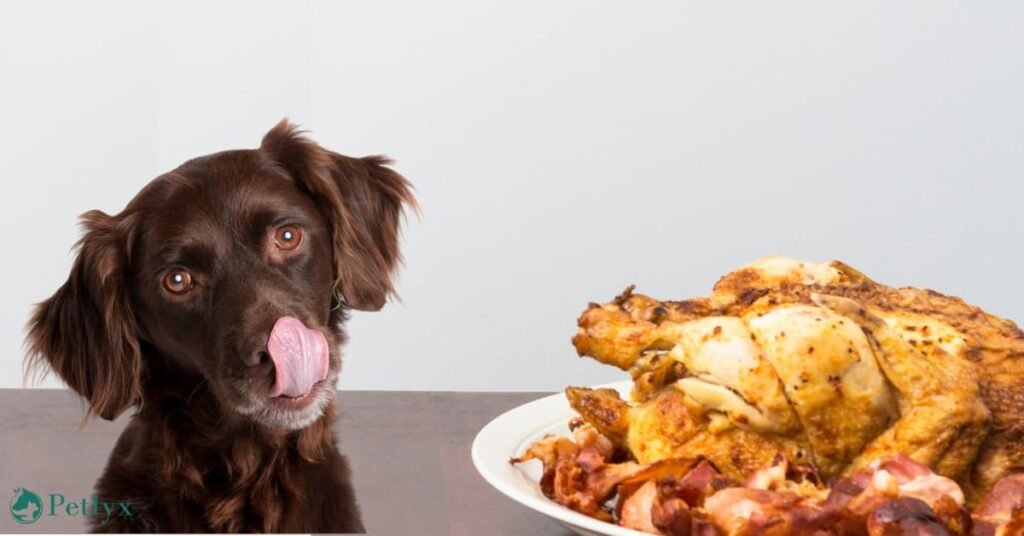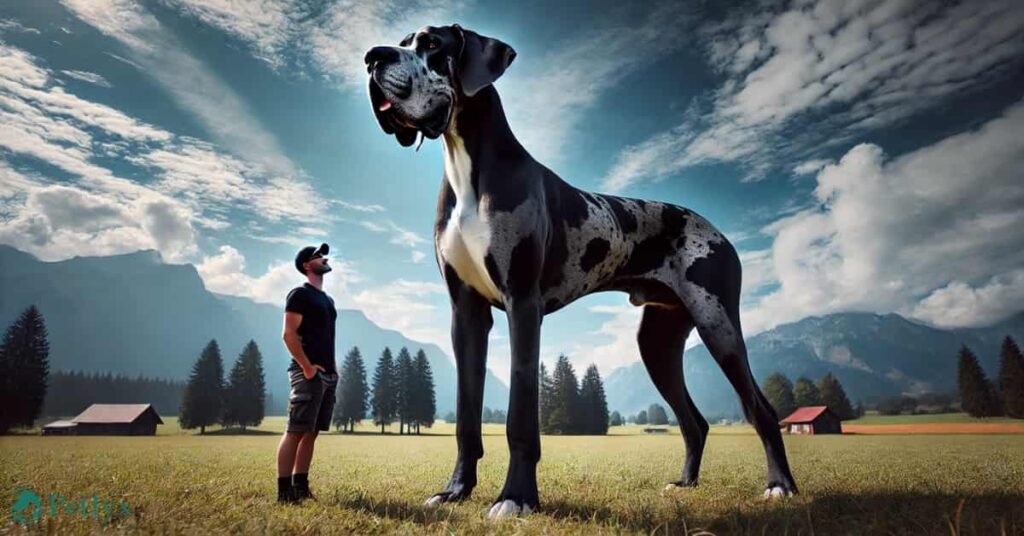When our pets age, their diets and overall health also change. A common problem senior dog owners face is weight loss or the inability to keep a dog at a healthy weight. Dogs older than twelve years of age are prone to alterations in their metabolism, appetite, and general health, leading to inadvertent weight loss. If your senior dog is looking a little too thin, it is important to do something about it to help him regain weight safely and effectively. Here, we offer some tips, strategies, and advice for how to help your senior dog gain weight.
So Why Do Senior Dogs Lose Weight?
As professional veterinarians, we often get asked about weight loss in dogs. “Do old dogs lose weight?” “How to help my senior dog gain weight?” such questions are quite common. Like humans, dogs can experience many changes as they grow older, which affects their body condition. Here are some common reasons why senior dogs lose weight:
- Decreased Metabolism: Dog metabolism slows down with age and many dogs will begin to lose muscle or have problems with maintaining body mass.
- Dental Issues: Older dogs often have dental problems that make chewing painful or very difficult. Reduced food intake can occur if you eat before you sleep.
- Illnesses and Medical Conditions: Senior dogs are a little more likely to have health conditions such as arthritis, kidney disease, cancer, or digestive disorders which could lead to weight loss.
- Decreased Activity Levels: Senior dogs are also less active and can thus have less of an appetite or lose more weight for less energy expenditure.
- Nutritional Deficiencies: Weight loss or muscle wasting can occur in aging dogs that do not absorb nutrients as efficiently as they would when they are younger.
Senior dogs losing weight need to be checked by their vet, and any problems causing weight loss must be ruled out before changing diets.
Senior Dogs Dietary Considerations
You should promote helping a senior dog gain weight with high-quality nutrition that is good for their health and well-being. Here are some key nutritional factors to consider:
1. Nutrient Dense, High Calorie Food
If, on the other hand, you are shopping for foods for senior dogs who need to gain weight, only get foods that will boost their calories and, at the same time, supplement nutrients. Consider options that are specially designed for older dogs or those with low body weight. The amount of protein, fats, and calories in these foods is normally higher, which are required for weight gain. Great choices are high-quality animal-based protein sources such as chicken, beef, or fish.
2. Protein for Muscle Mass
Dogs that age can typically lose muscle, and that adds to the loss of weight. It’s important to offer them enough protein in their diet to help maintain and rebuild muscle mass. Choose protein-rich foods ( > 20 – 30% protein for senior dogs) to keep your dog strong and help with healthy weight gain.
3. Extra Calories from Healthy Fats
Macronutrient-wise, fats are the most calorie-dense, so incorporating healthy fats into your senior dog’s diet is a great way to help them gain weight. Other fatty acids, omega 3’s in fish oils, for example, are also good for joint health, something older dogs need. Foods rich in animal fats, fish oils, and flaxseed should be looked for.
4. Easily Digestible Ingredients
Because senior dogs have sensitive stomachs, it’s important to choose foods that will be easy to digest. Dogs with digestive sensitives will do well with simple, wholesome ingredients like sweet potatoes, rice, and oatmeal. Where we can, we want to avoid food containing fillers or artificial additives since those can sometimes cause or exacerbate digestive problems.
How to help your senior dog gain weight
Here are some practical strategies to help your senior dog gain weight while ensuring they remain healthy:
1. Make Feeding More Frequent
Because senior dogs are often less inclined to eat, the idea of eating smaller meals more often may increase the food intake of these senior dogs instead of one or two large meals. The act of providing four to six smaller meals can help stimulate appetite and stream calories into your cherished one’s system.
2. Healthy Toppers and Supplements can be added.
If your dog is not eating their regular food, try adding toppers to their food that will encourage him to eat. Here are some ideas:
- Canned Dog Food: If your senior dog has a low appetite, wet food will often have a stronger odor and flavor, which just might perk up their interest.
- Broth or Gravy: Dry food gets a little more interesting if you pour a little low sodium chicken or beef broth over it.
- Eggs and Lean Meats: Cooked eggs, chicken or turkey can be added to your dog’s food to increase both calories and protein levels.
- Supplements: High-calorie gels or powders are also available to help dogs gain weight. But before you add supplements, talk to your vet in order to make sure they’re right for the dog in question.
Provide High-Quality, Palatable Foods
Senior dogs may be pickier eaters, especially if they have dental issues or are choosey about what they like in their dishes. To surmount this problem, provide high quality, palatable foods with good flavor and strong aroma. Senior dogs usually prefer foods with real meat and wholesome ingredients. To keep things interesting, rotating through a range of flavor and protein sources might be worthwhile.
Homemade Options
If you would like to home-make your dog’s food, here are some recipes that are low in calories and high in nutrients:
- Chicken and Rice: Cooked chicken breast with white rice is an easy-to-digest meal that helps dogs gain weight.
- Beef and Sweet Potato: Another good idea is cooked lean ground beef combined with sweet potato, also a nutritious source of calories.
- Cottage Cheese, Eggs, and Fish: Cooked fish and eggs with cottage cheese can be an excellent option to gain weight.
These are some of the examples. You can try to come up with more options. Always avoid seasonings and never add anything toxic to dogs to their diet. Before making changes to your dog’s diet, it is recommended that you consult your vet first.
Weight Gain for Your Senior Dog Safely
If your senior dog needs to put on some pounds, be sure to keep them under watch to ensure they’re gaining weight healthily. Weight loss can be as tricky as sudden or excessive weight gain. Here are a few signs to look for:
- Gradual Increase in Body Condition: Your weight gain should be gradual so your dog does not become overweight. Their ribs should be easily palpable, though not easily identifiable.
- Increased Energy Levels: As your dog builds weight, you may find its energy and activity levels improving. Playfulness can improve, and it may get back on its walks.
- Improved Appetite: If your dog’s food intake is rising steadily, you have no cause for concern.
When to Consult a Veterinarian
Even though you try your best and your senior dog does not add weight, or if any health problem (vomiting, diarrhea, or lethargy) appears, it is very important to seek the opinion of a veterinarian. There might be some other underlying medical condition that prevents your dog from gaining weight. The veterinarian will check the dog properly and in case of any need will also run the test and then advise a suitable treatment plan.
Conclusion
Helping your senior dog gain weight takes time, patience, consistency, and focus on what they need, both diet and health. Offering high-quality, nutrient-dense food, creating a more enjoyable mealtime, and implementing healthy weight-gain tactics are all ways you can help your dog regain a healthy weight and enhance its quality of life in its olden years. Communication with your veterinarian is key, and always be sure to consult them so that any changes in diet or behavior are all tailored safely to your dog’s health condition.

